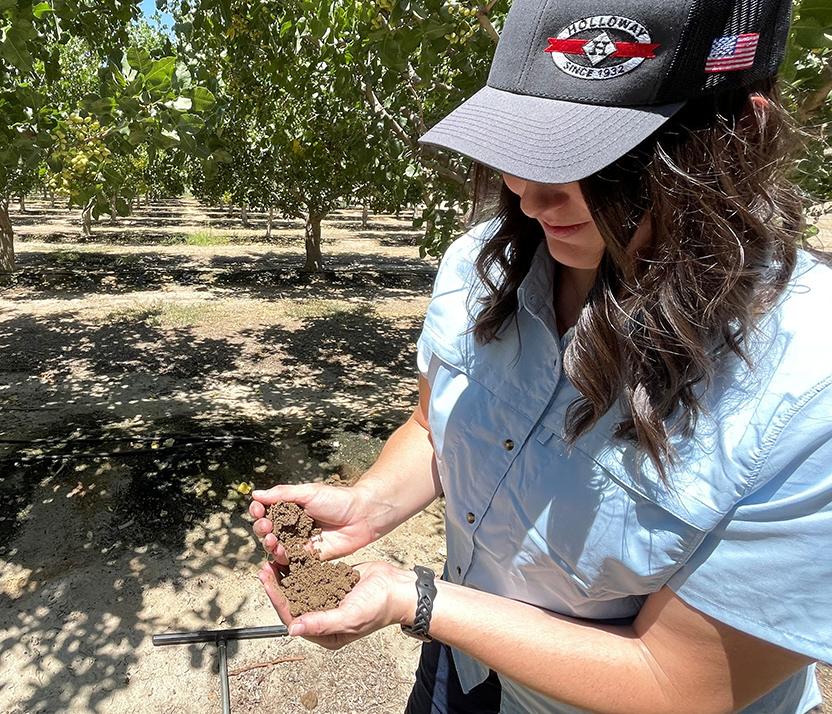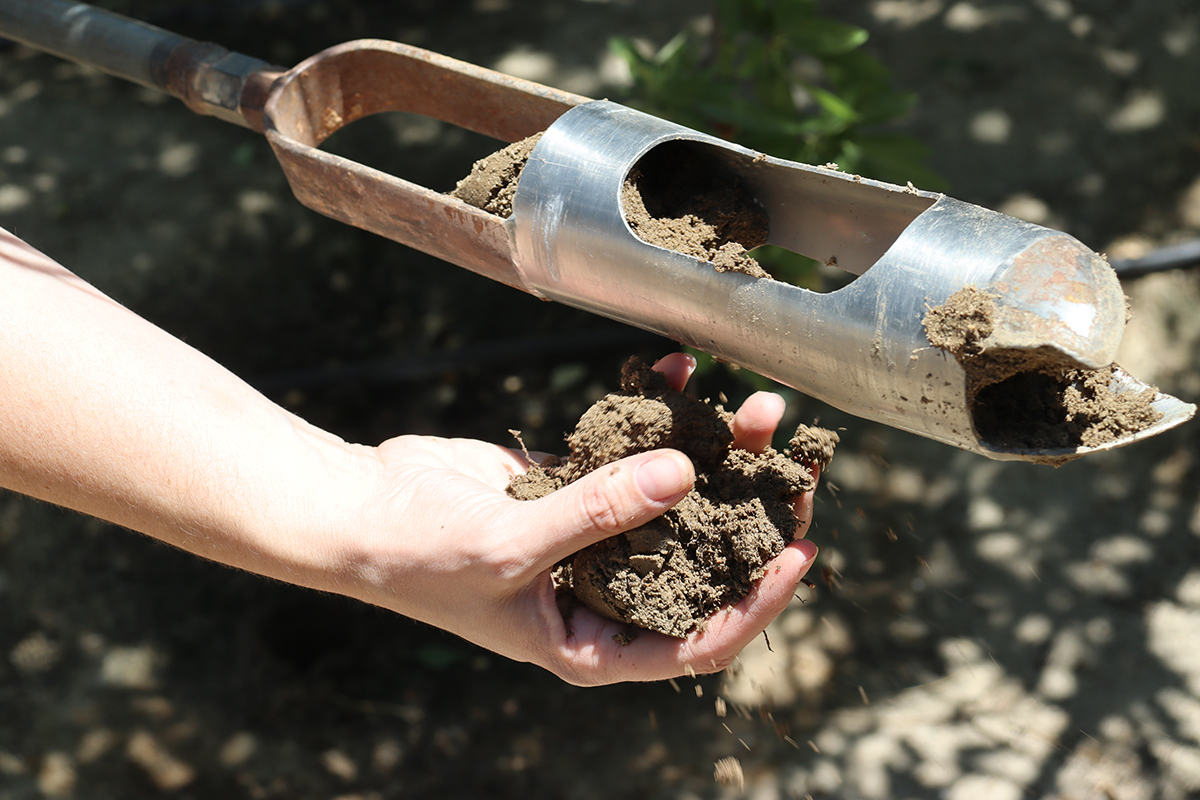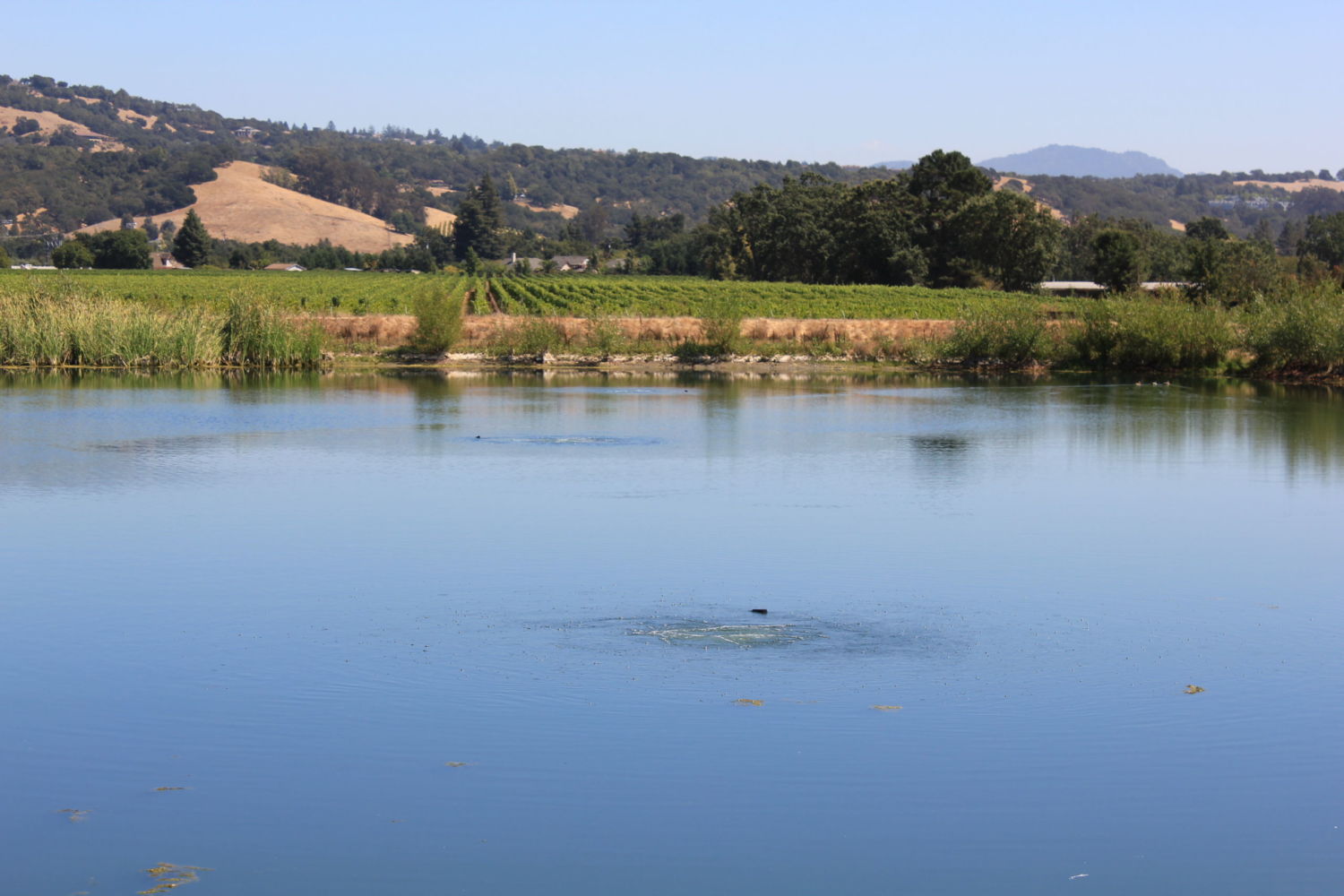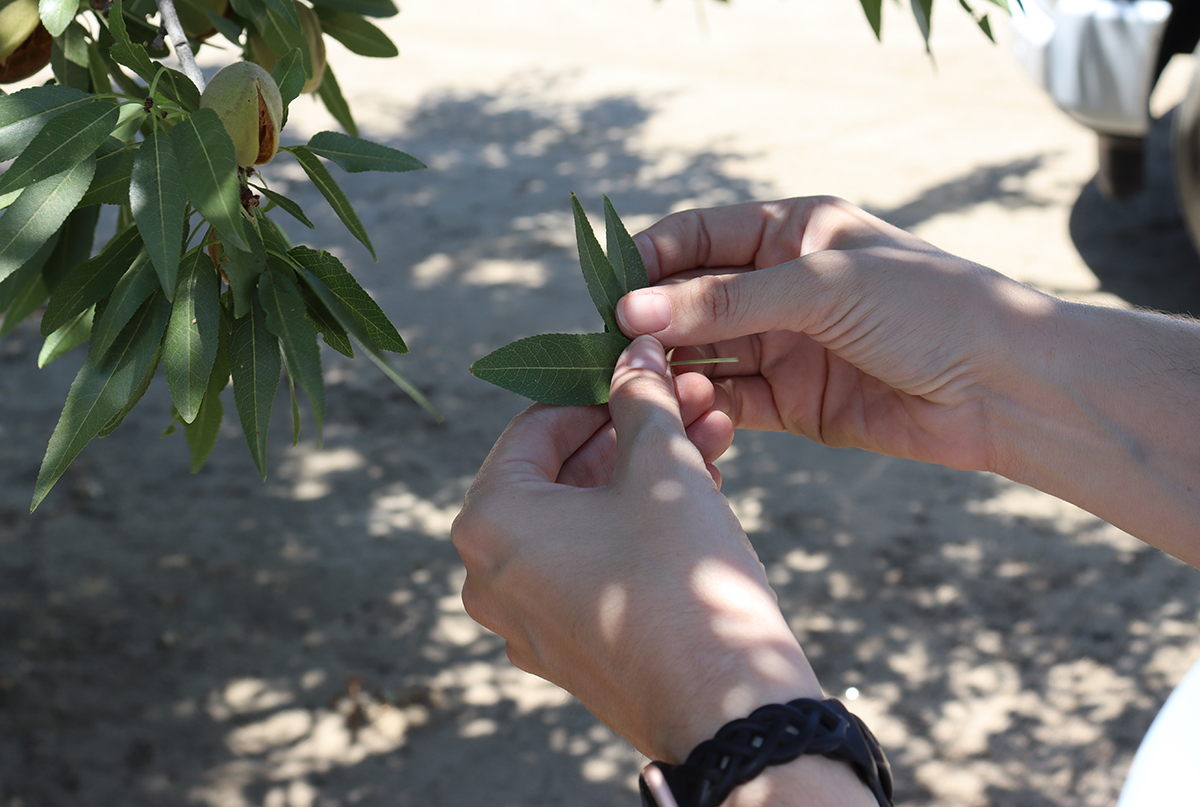AGRONOMY
Certified Agronomists
Our general approach to agronomy is to partner with the grower, and their agronomist/PCA/team, to use facts and science to derive the most cost-effective solutions to improve your yields.
Holloway’s agronomists take a strategic approach to collecting soil, water, and tissue samples. Every field presents a unique challenge, and we collect samples based on both grower and agronomist knowledge. In any given field or block we might collect four or five samples, which we then send to accredited labs for analysis. From there, we make amendment recommendations based on the lab reports. Our agronomists are empowered to make materials recommendations based on the needs of the grower — even if Holloway does not sell the necessary materials.


Soil Analysis
Holloway’s agronomists have decades of field-assessment experience. It is a best practice to interview the grower and the team in the field, including the irrigator so we can learn about the field’s history.
We also make a point to collect as many samples as necessary so we can get a comprehensive measurement. We generally collect four to six samples in a 40 acre plot. We assess the soil from several points of view: A physical exam tells us if the soil has more sand or clay. Analyzing for the presence of minerals and nutrients, including the soil’s salt load, will tell us if the soil is conducive to growing the crop you want.
Our goal is to prevent growers from wasting money by planting in ground that simply cannot sustain certain crops.
See our Agronomy Packages for various ways we can test the soil.
Water Analysis
Water is the most overlooked element when it comes to soil analysis. It’s the “wild card” that many growers forget about. Holloway’s agronomists routinely analyze water in order to assess whether certain minerals and other unwelcome materials are coming from the water.
For example, if you are amending soil with gypsum to offset the soil’s sodium load, but you don’t know the water has high bicarbonate levels, the bicarbonate and gypsum will react to form lime. In that scenario, you’ve made a big investment to add complications to your soil.
Together, soil and water samples tells us what the field needs, and what the rules for amendment are.


Tissue Analysis
Our agronomists routinely select leaves and petioles to analyze for nutrient levels. We think of this tissue analysis as the report card that tells us how the crop is doing in real time. Tissue analysis will tell us what we can do fertility-wise to improve growing conditions to see the crop through its growing cycle.
Holloway will always make the best recommendations for soil amendments and nutrients based on scientific analysis that will affect your bottom line, not on our bottom line. We are confident that this sets us apart.
